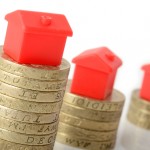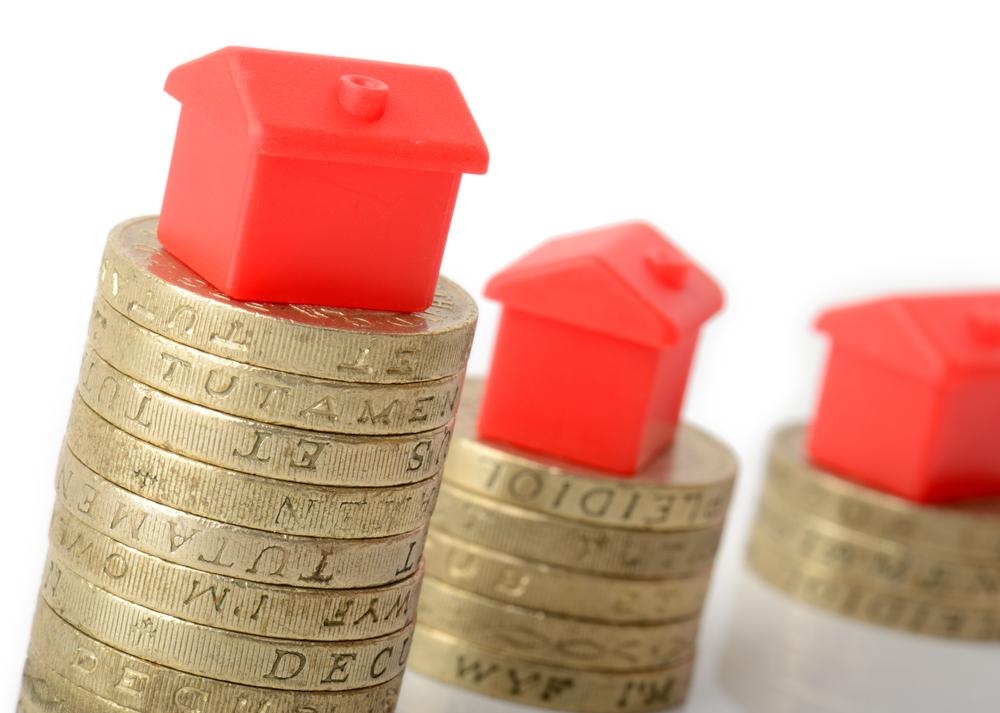House prices fell for the third consecutive month in May, the first time this has happened since the financial crisis was at its peak in 2009, new figures show. According to the latest Nationwide house price index, monthly house price growth fell 0.2% in May, a further sign the housing market is slowing down. On […]
 House prices fell for the third consecutive month in May, the first time this has happened since the financial crisis was at its peak in 2009, new figures show.
House prices fell for the third consecutive month in May, the first time this has happened since the financial crisis was at its peak in 2009, new figures show.
According to the latest Nationwide house price index, monthly house price growth fell 0.2% in May, a further sign the housing market is slowing down.
On an annual basis, prices dipped 2.1% in May – the weakest in almost four years. This took the average price of a property to £208,711.
Nationwide said the figures provided “further evidence that the housing market is losing momentum”.
Robert Gardner, Nationwide’s chief economist, said: “Moreover, this may be indicative of a wider slowdown in the household sector, though data continues to send mixed signals in this regard.”
Gardner said the election was unlikely to have an impact on house prices.
“If history is any guide, the slowdown is unlikely to be linked to election-related uncertainty. Housing market trends have not traditionally been impacted around the time of general elections.
“Rightly or wrongly, for most home buyers, elections are not foremost in their minds while buying or selling their home.”
Gardner said that household spending is likely to slow along with the wider economy as rising inflation increases the squeeze on household budgets.
“This, together with mounting housing affordability pressures, is likely to exert a drag on activity and house price growth in the quarters ahead,” he said.
Despite the dip, Nationwide believes the housing shortage will support prices, with growth predicted to be around 2% this year.
Russell Quirk, founder and CEO of eMoov.co.uk, said: “Nationwide has been quick to highlight that previous elections have had little impact on traditional house price trends.
“It’s fair to say, however, that previous years were a tad more routine than a snap election called in the middle of negotiations to leave the EU and it is likely that the market is seeing an influence from both sides.
“House prices, along with the gap when compared to earnings, have continued to increase and such a pattern is unsustainable in the long term. It is likely that we will see the market let off a little steam and naturally adjust over the coming months and overall it should stabilise once the election dust has settled and buyer confidence returns to full force.”
The figures add to the mounting collection of data which points to the housing market becoming increasingly affected by the growing squeeze on incomes and affordability pressures.
Since last year’s Brexit vote, consumers have faced a loss in spending power as a result of rising inflation following a fall in the pound.
Combined with slowing wage growth, households are beginning to feel the pinch as their disposable incomes start to fall.
Figures from HM Revenue and Customs show that the number of residential property transactions fell by 3.2% to 99,910 between March and April.
Mortgage approvals have also fallen for a third consecutive month.
According to figures from the Bank of England, the total number of mortgages approved fell by over 3,000 to 118,370 in April.
[box style=”4″]
What Mortgage has teamed up with London & Country to offer you expert advice on the right mortgage deal.
Whether you’re buying a new home, remortgaging to a new deal or buying an investment property, L&C can help – and you’ll pay no fee for their advice. To find out more, click here.
[/box]














